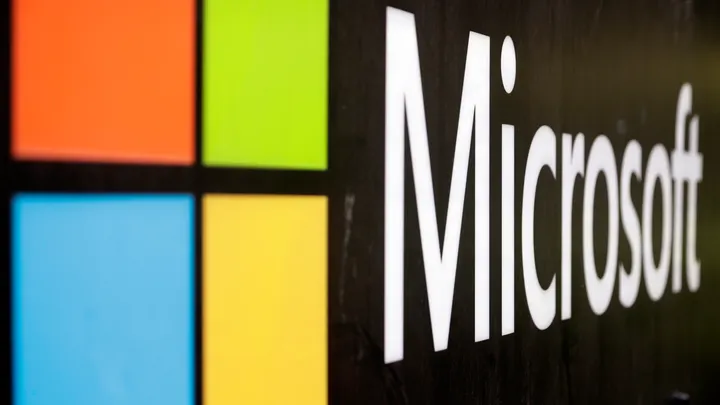Microsoft confirmed this week that the June 5 attacks on their service platforms were perpetrated by a shadowy new startup hacker group called Anonymous Sudan.
In an announcement via Twitter, Microsoft disclosed that there were close to 18,000 outages in their Outlook, OneDrive, Teams, and SharePoint software services.
The shadowy new group, with possible ties to Russia, claimed responsibility for the attacks via Telegram through a spokeswoman.
Microsoft has since released in a blog post that Anonymous Sudan likely used a virtual private network or VPN as well as rented cloud space to orchestrate the attacks.
The company also added in the same post the hackers involved seem to be focused on “disruption and publicity,” and that there is “no evidence that customer data has been accessed or compromised.”
While DDoS attacks usually focus on bombarding servers with traffic until sites and services are virtually unusable, it remains unclear if that is what happened on June 5.
Microsoft has been cryptic in the details offered to the public on the exact nature of the Anonymous Sudan attacks.
The company has designated the group that calls itself Anonymous Sudan as “Storm-1359,” using a naming system which establishes hackers with unknown affiliation.
Microsoft recommends that their users try layer seven protection services like Azure to avoid DDoS service disruptions like those of Anonymous Sudan moving forward.
The full consequences of Microsoft’s June 5 service disruptions are yet to be completely uncovered.

